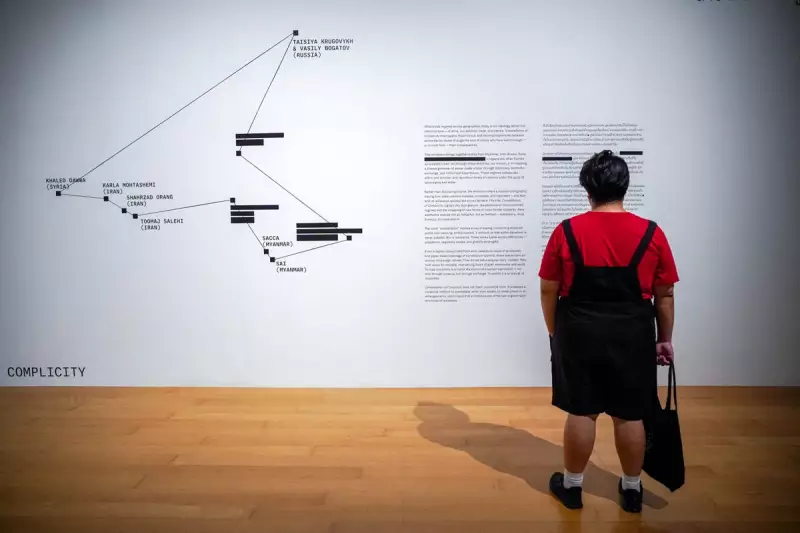
In a troubling case of transnational censorship, a prominent Myanmar political cartoonist who fled his homeland's military junta now finds himself targeted by Chinese authorities from his new refuge in Thailand.
The artist, known professionally as Sai, was forced to flee Myanmar following the February 2021 military coup that overturned the country's democratic government. His work, which boldly criticised the ruling junta, made him a target for persecution.
Now safely in Bangkok, Sai faces a new threat to his artistic freedom. Chinese officials have pressured a local university to remove his work from an exhibition, demonstrating Beijing's increasingly long reach in suppressing dissent across Southeast Asia.
The Exhibition Controversy
The conflict emerged when Chinese representatives objected to Sai's artwork displayed at a Bangkok university exhibition. The pieces in question contained subtle references to China's relationship with Myanmar's military government, a sensitive subject for Beijing.
University administrators initially resisted the pressure but eventually requested Sai remove certain works, creating what the artist describes as an "atmosphere of fear" reminiscent of the censorship he experienced in Myanmar.
Transnational Repression Concerns
This incident highlights growing concerns about China's expanding influence in the region and its willingness to suppress critical voices beyond its borders. Activists and journalists throughout Southeast Asia report increasing pressure from Chinese authorities on host countries to silence criticism.
"This isn't just about my artwork," Sai explained. "It's about how authoritarian regimes are collaborating across borders to crush dissent everywhere. Even in Thailand, which should be safe, we're not free from China's reach."
A Regional Pattern Emerges
Experts note that China's actions in Thailand follow a familiar pattern witnessed across Southeast Asia. From pressuring governments to return exiled Uyghurs to demanding the closure of exhibitions critical of Beijing, Chinese authorities are increasingly exporting their censorship regime.
Thailand, with its significant economic ties to China, appears particularly vulnerable to such pressure. The situation creates a difficult balancing act for Thai authorities trying to maintain relationships with both China and Western democracies.
For Sai and other exiled artists, the episode serves as a stark reminder that escaping their home country doesn't necessarily mean escaping persecution. As transnational repression becomes more common, safe havens for dissent are shrinking throughout the region.





